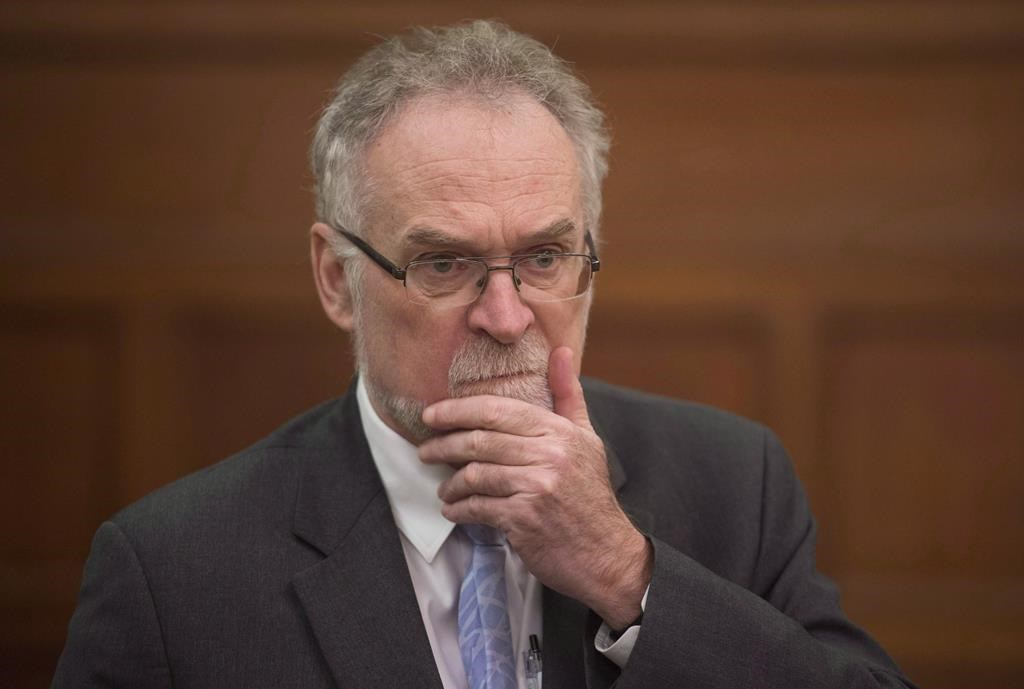Key findings from the spring report of the federal auditor general, released Tuesday:
— Veterans Affairs Canada lacks adequate limits on the soaring cost and usage levels of marijuana among ex−soldiers who are using it for medical purposes, authorizing in some 340 cases the consumption of 10 grams a day — twice Health Canada’s recommended threshold.
— The number of veterans receiving medical marijuana jumped from 112 in 2013−14 to 1,320 in 2015, and the cost rose accordingly: from $408,810 to $12.1 million. The audit estimates the cost could reach $25 million in 2016−17, nearly one third of the drug costs of the Veterans Affairs health benefits program.
— Veterans Affairs also lacks a "well−defined approach" for monitoring drug use among veterans, and does not monitor trends that could indicate "high−risk" behaviour. For instance, while it will not cover the cost of acetaminophen that exceeds the maximum recommended dose, no such limits exist for narcotics or sedatives.
— Immigration, Refugees and Citizenship Canada lacks a systematic method of identifying and documenting fraud risks among its applicants, resulting in people being granted citizenship based on incomplete information or background checks.
— The RCMP and the Canada Border Services Agency do not consistently share important details about criminal charges and potential residency fraud with Immigration, Refugees and Citizenship Canada.
— Between 2008 and 2015, 50 different applicants used the same single address on their citizenship applications during overlapping time periods; seven of the applicants became Canadian citizens before the address was flagged during a residency fraud investigation.
— Citizenship officers did not always follow the standard procedure of checking travel documents against the department’s database of lost, stolen and fraudulent documents.
— Out of 38 criminal cases since 2010 involving a permanent resident or foreign national, the RCMP shared the relevant details with Immigration, Refugees and Citizenship Canada in only two of them.
— Individual units of the Canadian Army’s reserve units lack sufficient soldiers — just 14,000 instead of a needed 21,000 — as well as access to key equipment for domestic missions and clear guidance on training, counter to National Defence’s stated goal.
— Between the 2012–13 and 2014–15 fiscal years, the number of Canadian Army reservists has dwindled by about five per cent, or about 1,000 soldiers per year.
— The process of choosing fund managers for the government’s $400−million "Venture Capital Action Plan," established in the 2012 budget, was onerous, laden with red tape and insufficiently fair, open and transparent, resulting in just nine submissions out of a possible 100 would−be candidates.
— The Immigration and Refugee Board has long−standing vacancies that are contributing to decision−making delays: 21 positions are vacant, leading to wait times of an average of 18 months.
— Via Rail lacks a long−term plan or direction approved by the federal government, receiving federal approval only for short−term funding and its five−year plan — a "significant deficiency" that makes it impossible for Via to "fulfill its mandate as economically, efficiently and effectively as desired."



Comments